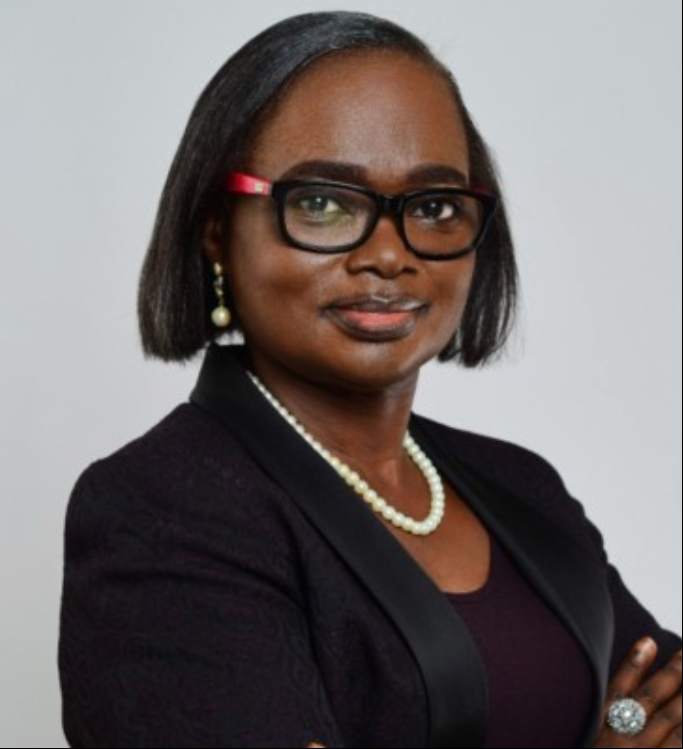Ibironke Olubamishe is the National Coordinator for the UNDP Global Environment Facilities, Small Grant Program in Nigeria. She builds capacity for project design, proposal writing, implementation and knowledge management. She also designs and coordinates Monitoring and Evaluation exercises.








Leave a reply